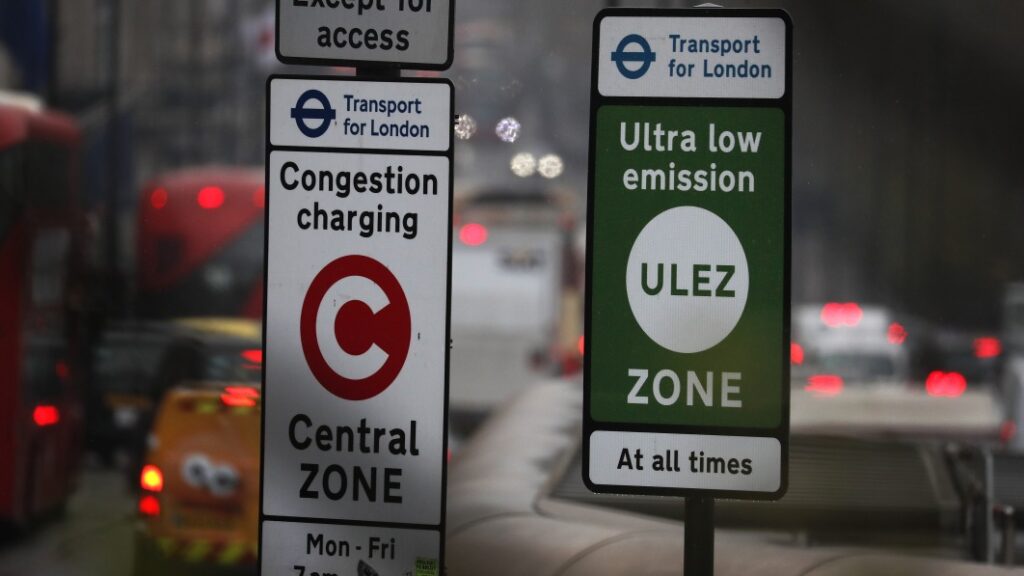Auto industry slams Britain's petrol car ban delay and confusion

Carmakers, which have invested billions on electric vehicles, slammed Britain’s move to delay a 2030 ban on the sale of new petrol and diesel cars, saying it would disrupt supply chains and slow the transition to greener cars.
Following weeks of speculation over the key net zero pledge, Prime Minister Rishi Sunak said on Wednesday he would push back the ban by five years to 2035, with the aim of easing the financial burden on households.
Automakers, which had already made key investment decisions in line with the 2030 target — brought forward three years ago from an earlier 2035 target — called for more policy certainty and less confusion.
Korean carmaker Kia, which has plans to launch nine electric vehicle (EV) models in Britain over the next few years, said it was disappointing to see a change in a policy the industry was working and investing towards.
“Today’s announcement … alters complex supply chain negotiations and product planning, whilst potentially contributing to consumer and industry confusion,” a Kia spokesperson said.
The car industry has also bemoaned the lack of clarity over the government’s zero emission vehicles (ZEV) rules, which calls for an increasing proportion of a manufacturer’s sales to be ZEVs in the run up to the ban.
“We urgently need a clear and reliable regulatory framework which creates market certainty and consumer confidence, including binding targets for infrastructure rollout and incentives to ensure the direction of travel,” a Volkswagen UK spokesperson said.
Analysts and executives also said the government’s flip-flop meant Britain risked losing recent momentum in the adoption of greener transport, put off car buyers thinking of switching to EVs and disrupt plans by electric charge-point operators.
“This delay will also put investment in EV infrastructure at risk, not to mention the wider market including battery, solar and green energy initiatives,” said Adrian Keen, the chief executive of public charging network InstaVolt.
Sunak presented the policy shift as aligning Britain with the European Union’s similar 2035 ban on new petrol car sales but an EY analyst said the two markets were “not like-for-like”.
“The UK does not offer the same demand-side incentives or infrastructure environment as many EU jurisdictions,” EY UK Electric Vehicle Lead Maria Bengtsson said.
However, Toyota said it welcomed the move as it helps the industry and consumers adapt and that it “recognises that all low emission and affordable technologies can have a role to play in a pragmatic vehicle transition.”
Prior to Sunak’s speech, Ford, which has a global $50 billion commitment to electrifying its cars, criticised the reported policy shift over what it called the “the biggest industry transformation in over a century.”
“Our business needs three things from the UK government: ambition, commitment and consistency. A relaxation of 2030 would undermine all three,” Ford UK Chair Lisa Brankin said. ($1 = 0.8083 pounds) (Reporting by Sachin Ravikumar Editing by Mark Potter and Nick Zieminski)







